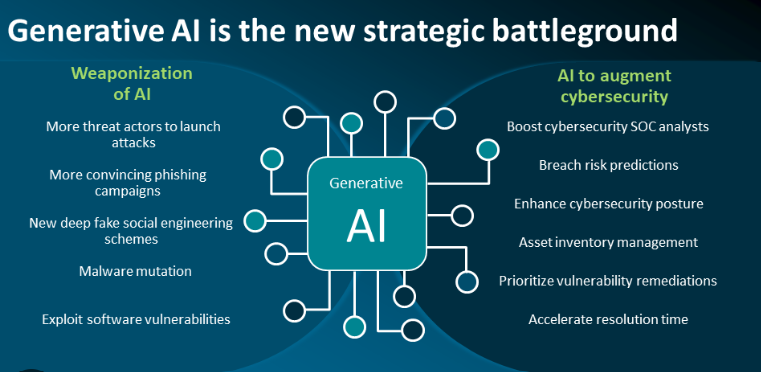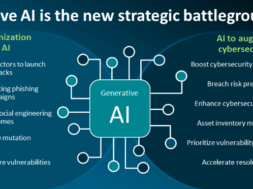
Technology: GenAI to help add new lines of business, say 90% of organizations
Virendra Pandit
New Delhi: Amid fears that Artificial Intelligence (AI) tools might become ‘job annihilators’, a large number of Indian organizations—almost 90 percent—say the Generative AI (GenAI) would help add new lines of business.
However, 73 percent also fear the new tools could lead to catastrophic cyber attacks in the next 12 months, according to a report by PricewaterhouseCoopers (PwC), the media reported on Monday.
Around 90 percent of the organizations surveyed said GenAI will help them add new lines of business over the next 12 months, PwC’s 2024 Digital Trust Insights said. It reveals a significant trend in the widespread adoption of GenAI for cyber defense.
Newer regulations around cybersecurity and data privacy like the Digital Personal Data Protection Act, 2023, have added to the strategic importance of enhanced cyber investments for organizations, it said.
“More than half the business decision-makers are most concerned about cloud security-related threats and almost half of them are concerned that the outcome of a cyberattack could result in loss of customer data and revenue.”
The report highlights the evolving landscape of cybersecurity and is based on a comprehensive survey of 3,876 business, technology, and security executives across the globe, with 136 participants from India.
With the impact and risks around GenAI on the minds of most business leaders, 91 percent of organizations believe that employees’ personal use of GenAI will lead to tangible increases in their productivity within the next 12 months.
“Our survey highlights that nearly 70 percent of organizations are actively planning to leverage GenAI in their cybersecurity strategies, underlining the critical need for proactive and effective defense measures,” said Sivarama Krishnan, Partner and leader, Risk Consulting, PwC India & Leader of APAC Cyber Security & Privacy.
The report also revealed that in 2024 cyber investments are expected to increase to 14 percent, up from 11 percent in 2023, underlining the growing importance of cybersecurity in organizations’ overall strategies.
“For organizations in India, state-level and sectoral regulations continue to steer systemic changes in cybersecurity and the adoption of principle-based ones seems to be more successful. But irrespective of compliance requirements, businesses are investing in building an all-encompassing cyber resilience program,” said Sundareshwar Krishnamurthy, Partner and Leader of Cybersecurity, PwC India.
The report also highlights the importance of embracing innovation, automation, and managed services in cybersecurity. These technologies not only provide round-the-clock monitoring but also free up cybersecurity teams to focus on creative thinking and proactive threat mitigation.
While cybersecurity tops the risk register, it calls for a more significant presence of cybersecurity discussions in the boardroom, emphasizing that security underpins every aspect of an organization, including finance, development, technology, and personnel.












